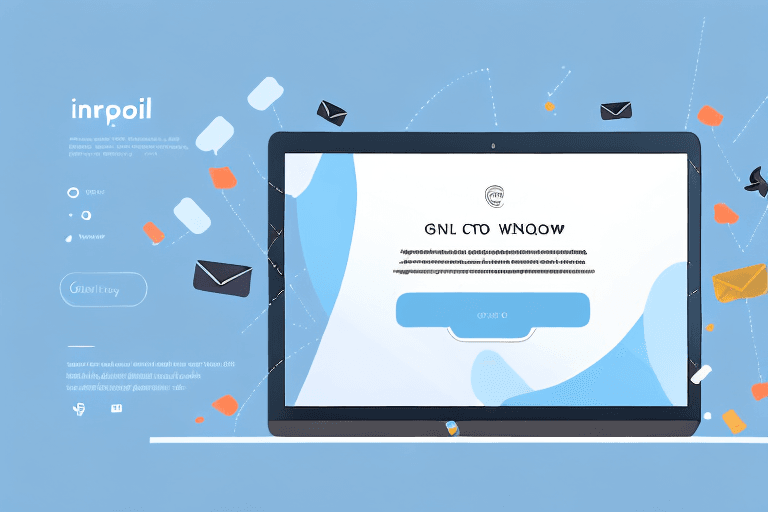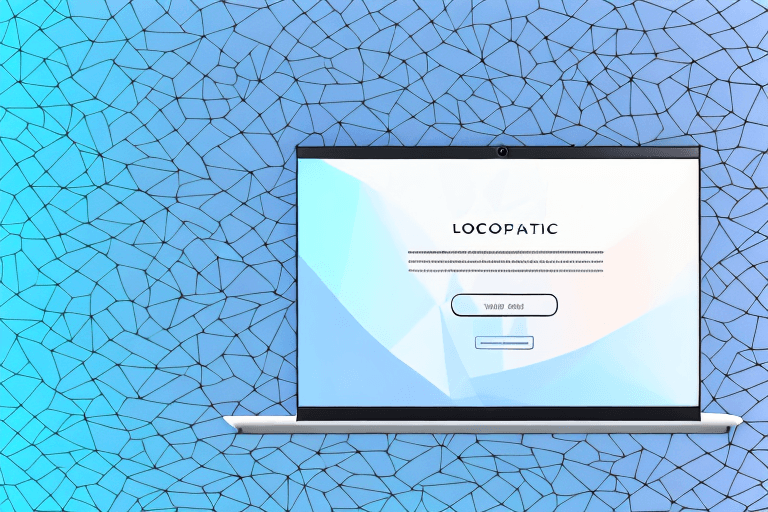At some point, you might need to request a letter of recommendation from a past or current employer, professor, or mentor. Such a letter can be a crucial part of an application for graduate school, internship, or job. However, if you are not sure how to write a letter of recommendation request email template, you might hesitate or struggle to communicate your needs effectively. This article provides practical tips on understanding the purpose of the request email, researching your recommender, preparing, and structuring the email effectively.
Understanding the Purpose of a Letter of Recommendation Request Email
The primary goal of your request email is to get the recommender to agree to write a recommendation for you. To achieve this goal, you need to present a compelling case in your request email. The email should create a positive impression of you and your accomplishments, demonstrate your specific achievements, and outline why you need the recommendation.
When crafting your email, it's important to keep in mind that the person you are asking to write the recommendation is doing you a favor. You should be polite, respectful, and grateful for their time and effort. Remember, they are taking time out of their busy schedule to help you achieve your goals.
Importance of a Strong Letter of Recommendation
A strong recommendation can make a significant difference in securing a job or gaining admission to your desired school. It can provide valuable insights into your strengths and character, highlight your academic achievements, and convey your potential to succeed in your chosen field.
When requesting a letter of recommendation, it's important to choose someone who knows you well and can speak to your abilities and accomplishments. This could be a former professor, employer, or mentor. You should also provide them with any relevant information or materials that will help them write a strong letter, such as your resume, transcripts, or personal statement.
When to Request a Letter of Recommendation
It's best to request a recommendation at least a few weeks before you need it. This will give your recommender ample time to write a thoughtful and detailed letter. Be sure to choose an appropriate time to make your request, when your recommender is not busy or stressed. You don't want to add to their workload or put them in a difficult position.
When you do make your request, be clear about your timeline and any deadlines you need to meet. This will help your recommender prioritize your request and ensure they have sufficient time to prepare a strong recommendation.
Overall, requesting a letter of recommendation can be a nerve-wracking experience, but with careful planning and preparation, it can also be a rewarding one. Remember to be polite, respectful, and grateful for your recommender's time and effort, and provide them with all the necessary information to write a strong letter on your behalf.
Preparing to Write Your Request Email
Before you start writing your email, it's crucial to gather relevant information and research your recommender. Doing so will help you personalize the email and show that you value their time and effort.
Researching Your Recommender
Before sending the email, consider researching your recommender to get a sense of their interests, experience, and expertise. This information can help you tailor the request email to their preferences and make it more compelling.
For example, if your recommender is a professor who specializes in your field of study, you may want to mention how their guidance has impacted your academic journey and how their recommendation would be invaluable in securing your desired opportunity.
Gathering Relevant Information
When writing the email, make sure you have all the relevant information about the opportunity you are applying for, including application deadlines, key responsibilities, and requirements. This will help your recommender write an informed and relevant recommendation letter.
Additionally, you may want to provide your recommender with a copy of your resume or CV, a brief summary of your academic or professional achievements, and any other relevant information that can help them write a strong and compelling recommendation letter.
Setting a Timeline for Your Request
It's essential to set a reasonable timeline for submitting your request email and receiving the recommendation letter. You may want to inform your recommender of the deadline and give them ample time to prepare the letter.
However, keep in mind that your recommender may have other commitments and responsibilities, so it's important to be respectful of their time and schedule. Consider sending your request email at least a month before the application deadline to give your recommender enough time to write a thoughtful and well-crafted letter.
Finally, don't forget to express your gratitude and appreciation for your recommender's time and effort. A simple thank-you note can go a long way in building a positive and lasting relationship with your recommender.
Components of an Effective Letter of Recommendation Request Email
To write an email that gets results, you need to include several essential components that build a strong case for your request. In this expanded version, we will dive deeper into each component to help you craft the perfect email that will make your recommender want to help you.
Subject Line
The subject line of the email should be clear and concise. You can use a subject line, such as "Request for Letter of Recommendation for Graduate School Admission." This will help your recommender understand the email's purpose before opening it. A clear subject line will also make it easier for them to find your email if they need to refer back to it later.
Salutation
Begin the email with a polite and personalized greeting. Using "Dear [Recommender's Name]" is appropriate and respectful. If you are unsure about the correct title or spelling of your recommender's name, take the time to research it. Using the wrong name or title can come across as careless or disrespectful.
Introduction and Context
The introduction and context section should briefly introduce yourself and explain your connection to the recommender. Mention the opportunity for which you need the recommendation and why it's important to you. This section is your chance to make a personal connection with your recommender and explain why you value their opinion.
For example, you could say something like, "I hope this email finds you well. I am reaching out to you because I am applying for graduate school and I need a letter of recommendation. As someone who has worked closely with me and knows my academic abilities, I believe your recommendation would be invaluable in helping me achieve my goals."
Explanation of the Opportunity
Provide information about the opportunity you are applying for, including the program, job, or internship. Explain why it's a good fit for you and your goals. This section will help your recommender understand why their recommendation is important and how it will be used.
For example, you could say something like, "I am applying to the Master's program in Computer Science at XYZ University because I am passionate about using technology to solve real-world problems. This program's focus on practical applications and hands-on experience aligns perfectly with my career goals."
Personalizing Your Request
Personalizing your request can make it stand out and show that you value the recommender's input. You may want to mention specific experiences or achievements that you shared with the recommender and how they influenced your decision to ask for their recommendation.
For example, you could say something like, "I remember when we worked together on the group project for our Algorithms class and how your guidance helped me overcome some of the challenges we faced. Your mentorship inspired me to pursue a career in computer science, and I would be honored to have your recommendation as I take this next step."
Providing Supporting Materials
If you have any supporting materials, such as transcripts, resumes, or cover letters, attach them to your email. This will give the recommender an idea of your academic or professional accomplishments and make their job easier. However, be mindful not to overwhelm them with too much information.
For example, you could say something like, "I have attached my resume and a copy of my transcripts to this email. I hope these materials will give you a better understanding of my academic background and achievements."
Setting a Deadline
Make sure to mention specific deadlines for submitting the recommendation letter and remind your recommender why meeting the deadline is crucial. This will help your recommender prioritize your request and ensure that they have enough time to write a thoughtful and detailed letter.
For example, you could say something like, "The deadline for submitting the recommendation letter is March 1st, and I would appreciate it if you could submit it at least two weeks before then. This will give me enough time to review the application and make any necessary changes."
Expressing Gratitude and Closing
Finally, you should express gratitude to the recommender and thank them for their time and effort. You can also provide your contact information and express your willingness to reciprocate the favor. This will show your recommender that you appreciate their help and are willing to support them in return.
For example, you could say something like, "Thank you for taking the time to consider my request. I truly appreciate your willingness to help me achieve my goals. Please let me know if there is anything I can do to support you in return. I look forward to staying in touch."
Conclusion
In summary, writing a letter of recommendation request email template can be daunting, but using the practical tips in this article can help you communicate your needs effectively. Make sure to personalize the email, give relevant information, and be polite. Your well-written email can help ensure that you get the best possible recommendation letter for your academic or professional goals.




